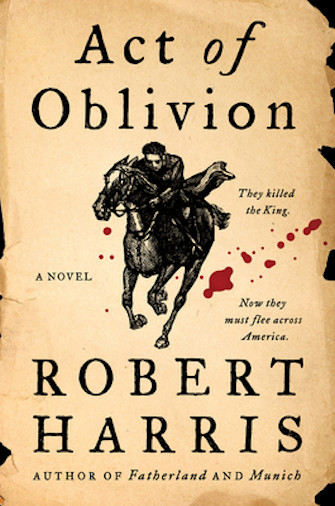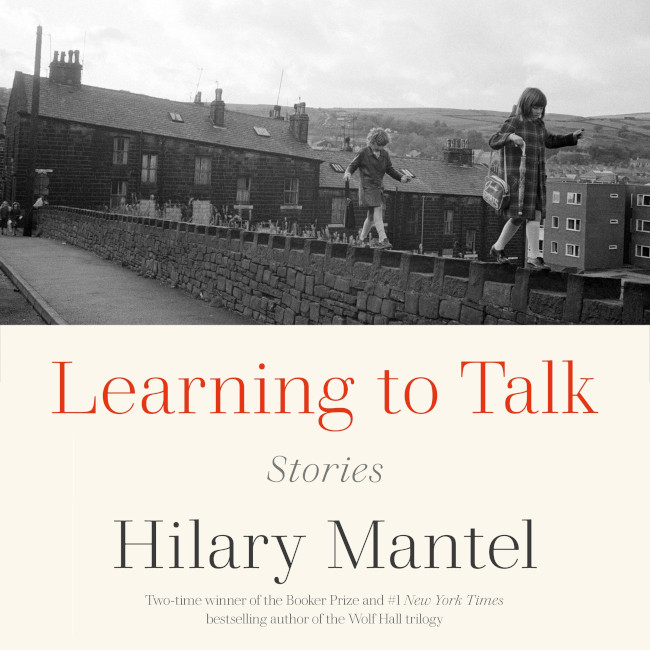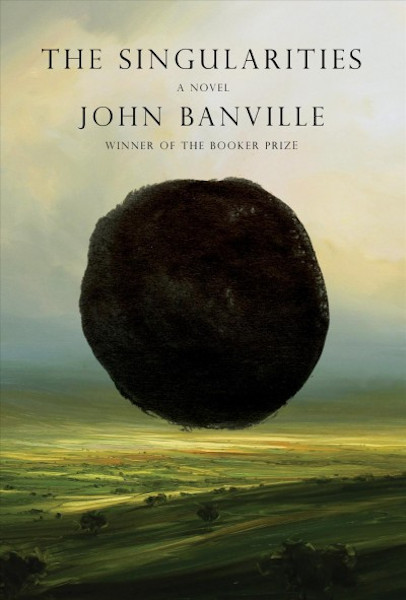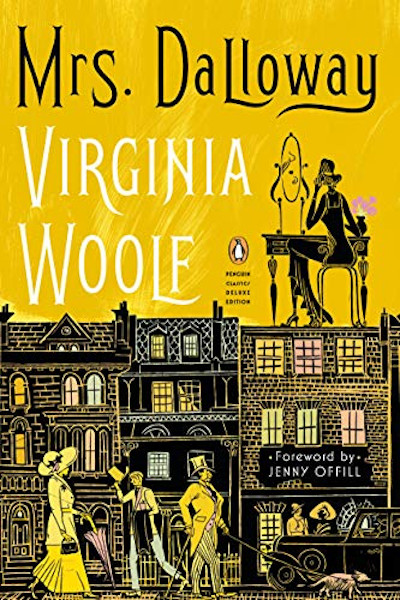A Look at the Best Books of 2022

As in recent years, there’s a fair amount of unanimity among reviewers as to the best fiction of 2022. Nothing wrong with that, many of these books are really good. Here’s an opportunity to spotlight a few others published this year that didn’t get all the attention they merited (and to commemorate one lasting masterpiece).
Homesickness: Stories by Colin Barrett
As in his debut story collection, Young Skins, this hugely talented writer once again immerses us in a remote part of the Emerald Isle, serving up characters who display his signature mix of humor and melancholy. Life is hard for County Mayo residents, eased only occasionally by flashes of love and warm feelings.
The prose is energetic throughout. Coffee is “black as a vinyl record.” A rookie cop has a “guileless shine coming off his forehead.” In the story, “The Ways,” a character is distinguished by “the scanty lichen of an unthriving moustache clinging to his lips.”
The only disappointing aspect of Homesickness is that, for those of us who swooned over Colin Barrett’s first book, there’s less of that irrepressible joy of discovery the second time around. New readers will likely feel the same excitement generated by the stories in Young Skins. At the very least, they’ll see how a promising young writer has more than fulfilled the high expectations set by his earlier work.

Act of Oblivion by Robert Harris
1661. Two English officers, Colonels Goffe and Whalley, flee England after King Charles II signs the Act of Oblivion—a call to execute 59 men who 11 years earlier signed a death warrant for his father, King Charles I. Hot on the trail of these so-called “regicides” is Richard Nayler, Clerk of the Privy Council, charged with tracking them down, but especially the signatories, Whalley and Goffe.
In Act of Oblivion, “real time” overtakes what could have been a more conventional story of pursuit and apprehension. Years pass. People age. Some die in obscurity, rather than at the hands of the law. Harris makes readers complicit in this passage of time; we closely follow the desperate efforts by Whalley and Goffe to evade the authorities, while we’re also caught up in the Privy Clerk’s obsessive, years-long quest to arrest them.
Robert Harris is known for writing engaging, suspenseful novels based on historical events. Act of Oblivion is among his best so far.

Learning to Talk: Stories by Hilary Mantel
The literary world lost a great voice in 2022, with the passing of Hilary Mantel. In her Wolf Hall trilogy, Mantel reinvented the code for historical fiction, transforming the hoary conventions of novels set during the reign of Henry VIII into narratives with a contemporary point of view, superbly suited to our latter-day sensibilities.
So successful was this project that one reads The Mirror & the Light (the last novel in the series, coming in at a mere 700 pages) with the same page-turning fervor as Wolf Hall and its successor, Bring Down the Bodies. Thomas Cromwell, the trilogy’s protagonist, is as fully rendered as any fictional character in modern times, and these epic works are wonderful to read from first page to last.
Mantel’s work of short fiction, Learning to Talk (published in the U.S. in 2022, originally in the UK in 2013) has a much narrower focus—that is, stories of a troubled Catholic childhood in the North of England in the late 1950s and early 1960s. The seven stories are all told in a first-person (mostly female) voice of an adult looking back on pivotal moments in childhood, set against an industrial backdrop and within the world of a highly unorthodox nuclear family.
A far cry from the world of Tudor royalty, the stories in Learning to Talk offer further proof that Hilary Mantel was among the most gifted and accomplished writers of our time.

The Singularities by John Banville
The Singularities by John Banville might be best suited, as some claim, for those of us so-called “John Banville completists,” but it’s no less entertaining for that. (A better place to start with this brilliant and prolific author is The Book of Evidence or The Untouchable).
In any case, Banville is up to all kinds of literary tricks in this novel set in a decrepit house in a vaguely Irish landscape. He resuscitates a slew of characters from past novels, throwing them all together under the coy tutelage of “a godlet” who shares narrator duties with a recently released ex-murderer; the son and daughter-in-law of a great philosopher; the great philosopher’s aged mother; and the great man’s biographer. Oh, and The Singularities is set in some undefined future, when America has been invaded and conquered by the Dutch!.
Plot is never the reason for reading Banville; rather it’s his glorious prose—arched, sensual, self-mocking—that remains as gaudy and mischievous as ever. A magician with words.

Mrs. Dalloway by Virginia Woolf (1925)
It’s nearly 100 years since the original publication of Mrs. Dalloway, Virginia Woolf’s crowning achievement. From its immortal early line, “What a lark! What a plunge!”, she describes an eventful day in the life of Clarissa Dalloway, as she prepares for an evening party in her upper-class London home. The storyline moves back and forth in time, dramatizing fateful moments in the lives of Mrs. Dalloway, her friend (and would-be lover) Peter Walsh, and a shell-shocked veteran of the Great Way, Septimius Smith. Woolf masterfully captures the rich, and often tormented inner lives of these characters, while also creating an evocative portrait of postwar England.
What comes across most vividly is the protagonist’s almost excruciatingly delicate sensibility. Mrs. Dalloway reads as fresh and insightful as if it had been written in 2022.
Author Bio:
Lee Polevoi, Highbrow Magazine’s chief book critic, is the author of The Confessions of Gabriel Ash, a novel forthcoming in 2023 from Running Wild Press.
For Highbrow Magazine
Image Sources:
--Ashutosh Sonwani (Pexels, Creative Commons)































































































































































































































































































































